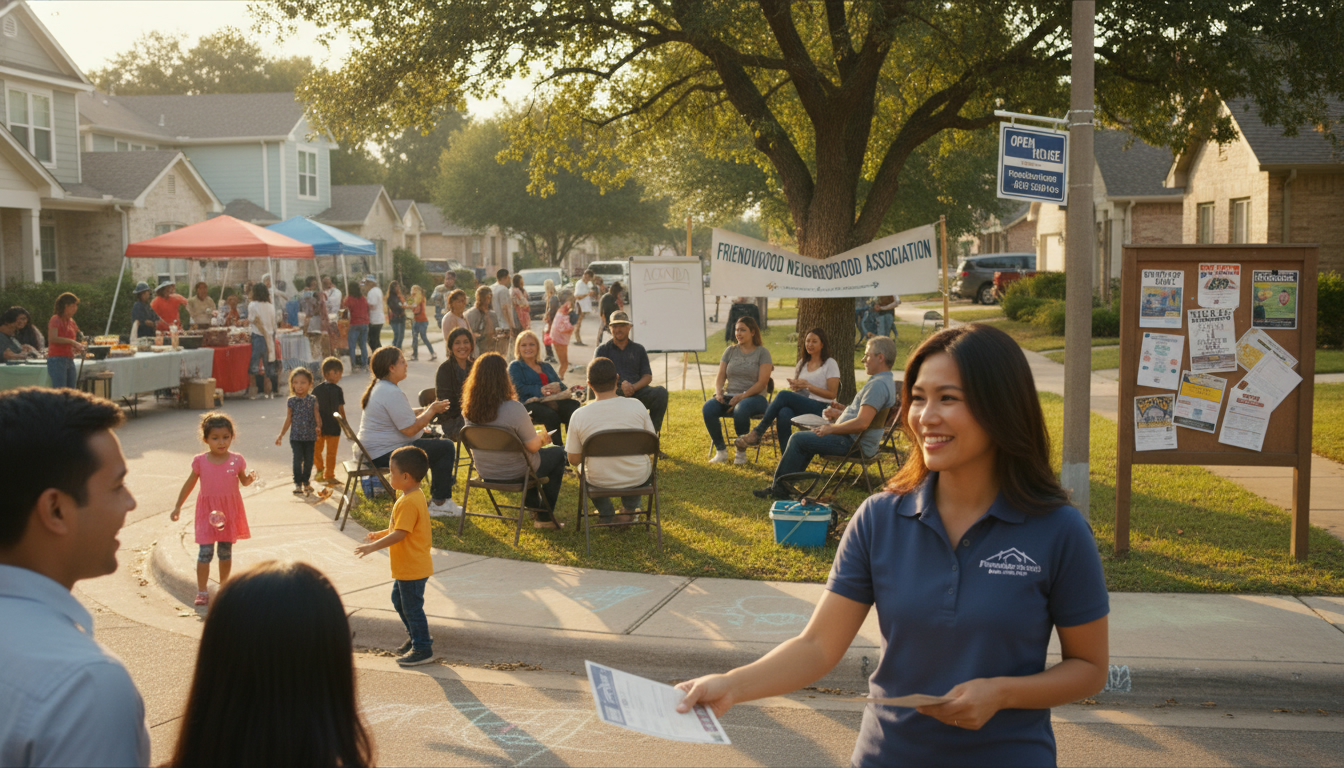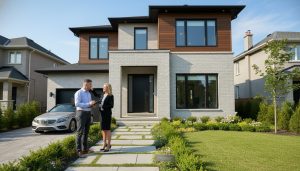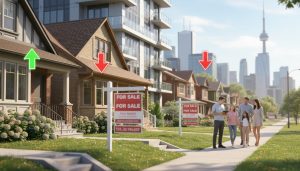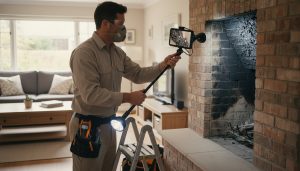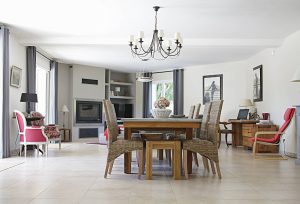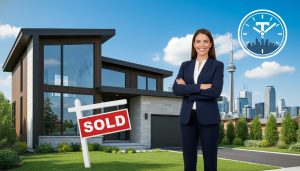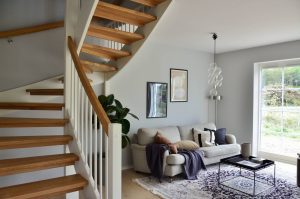Are there community events or associations?
Want to know if your neighborhood actually has events or active associations? Read this and decide.
Why this matters
Buyers and sellers ask the same direct question: “Are there community events or associations?” The answer shapes value, safety, and daily life. As a local real estate expert, Tony Sousa tracks neighborhood calendars, association minutes, and community momentum. If you want honest, actionable insight about community engagement, you need clear facts — not fluff.
What community events look like
Community events come in many forms: weekend farmers markets, block parties, park cleanups, street festivals, neighborhood garage sales, and volunteer drives. These are public, recurring, and easy to join. They tell you how neighbors interact, how safe the area feels, and how much local energy exists.
Smaller but powerful events include book clubs, parent-drop-in groups, and sports meetups. They show connection at the human level. High turnout at events signals strong community engagement; low turnout signals weak social infrastructure.
What neighborhood associations and HOAs do
Neighborhood associations and homeowners associations (HOAs) vary in structure and power. Some are informal groups that organize potlucks and safety watches. Others are formal HOAs with bylaws, dues, and property standards. Both matter to buyers:
- Active associations usually mean better street upkeep, faster issue resolution, and more consistent property values.
- Formal HOAs can impose rules and dues — that affects your budget and renovation plans.
Ask: Are meeting minutes public? Are there committees? Is membership voluntary or mandatory? These answers reveal long-term neighborhood stability.
How to verify community activity fast
- Check community Facebook groups, Nextdoor, and local event pages. Active groups post weekly.
- Review municipal community calendars and local libraries. They list recurring events and partnerships.
- Ask the realtor for association contacts and recent meeting minutes. A seasoned local agent will pull records and explain implications.
- Attend a meeting or event. One visit shows more than hours of research.
When I evaluate a neighborhood, I look for consistency: monthly events, volunteer leadership, and transparent association governance.
Why this affects market value and lifestyle
Neighborhood social life affects demand. Areas with visible community engagement sell faster and often at higher prices. For buyers, events mean instant social options and quicker integration. For sellers, active associations and events are selling points that accelerate offers and justify premiums.
Bottom line: don’t guess — confirm
If you’re buying or selling, don’t rely on listings. Verify community events and associations. Ask for event calendars, association bylaws, and recent meeting notes. A brief call with a trusted local realtor saves time and prevents surprises.
Want a clear read on community life in any neighborhood? Contact Tony Sousa — local market expert who will pull calendars, meet minutes, and give you a direct assessment you can act on.
Tony Sousa
Email: tony@sousasells.ca | Phone: 416-477-2620 | https://www.sousasells.ca

